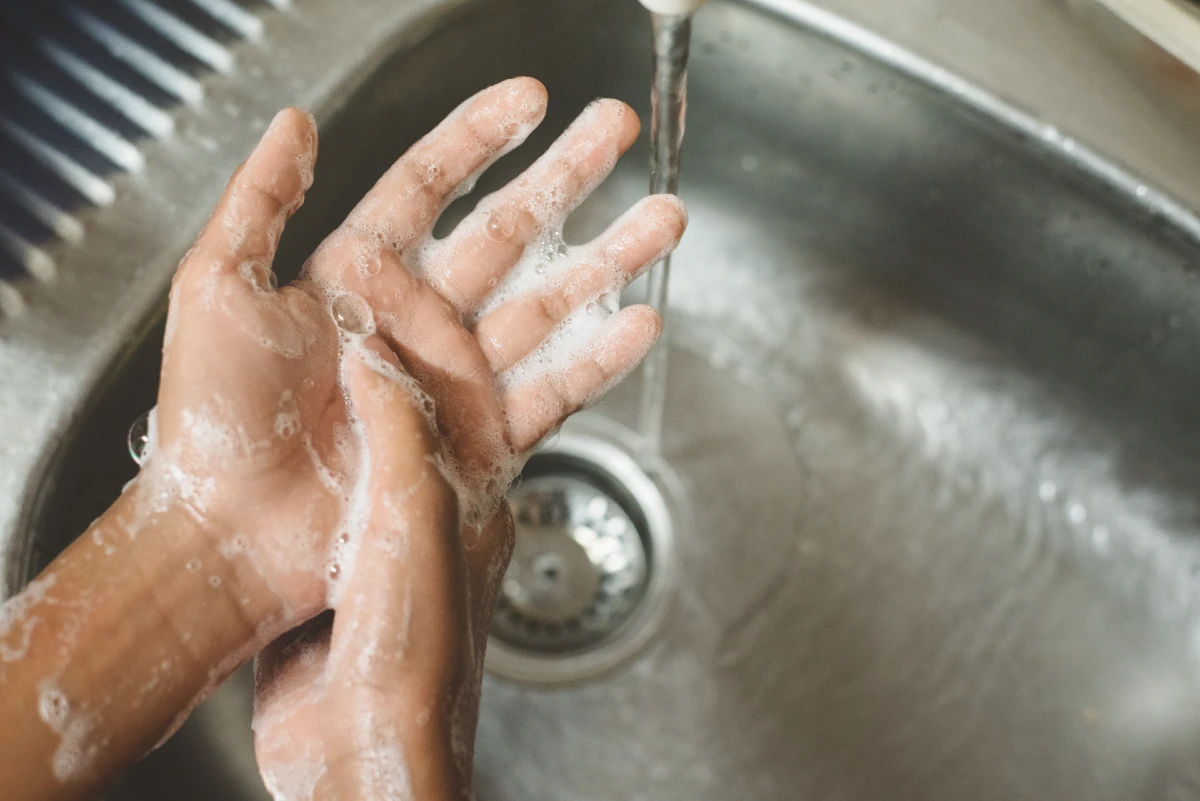We use cookies to help provide you with the best possible online experience.
By using this site, you agree that we may store and access cookies on your device. Cookie policy.
Cookie settings.
Functional Cookies
Functional Cookies are enabled by default at all times so that we can save your preferences for cookie settings and ensure site works and delivers best experience.
3rd Party Cookies
This website uses Google Analytics to collect anonymous information such as the number of visitors to the site, and the most popular pages.
Keeping this cookie enabled helps us to improve our website.
World Hand Hygiene Day - 5th May
Why Hand Hygiene is Important
Hand hygiene is one of the simplest and most effective ways to prevent the spread of infections and save lives. Germs that cause diseases can live on your hands, but regular and proper handwashing removes them before they can make you or others sick.
Did You Know?
- Washing your hands with soap and water for 20 seconds can remove up to 99% of germs.
- Hand hygiene reduces the spread of respiratory illnesses and diarrheal diseases by 30%-40%.
- Every year, millions of lives are saved through proper hand hygiene practices.
When Should You Wash Your Hands?
- Before:
- Preparing or eating food.
- Treating wounds or caring for someone sick.
- After:
- Using the restroom.
- Coughing, sneezing, or blowing your nose.
- Handling garbage.
- Changing diapers or cleaning up after a child.
- Touching animals or their waste.
- Frequently:
- During the day, especially after being in public places or touching shared surfaces.

How to Wash Your Hands Properly
- Wet your hands with clean, running water (warm or cold) and apply soap.
- Lather your hands, including the backs, between fingers, and under nails.
- Scrub for at least 20 seconds (hum a song like "Happy Birthday" twice).
- Rinse thoroughly under clean, running water.
- Dry with a clean towel or air dry.
No Water or Soap?
Use a hand sanitizer with at least 60% alcohol. Rub your hands together until dry.
Published: May 2, 2025

